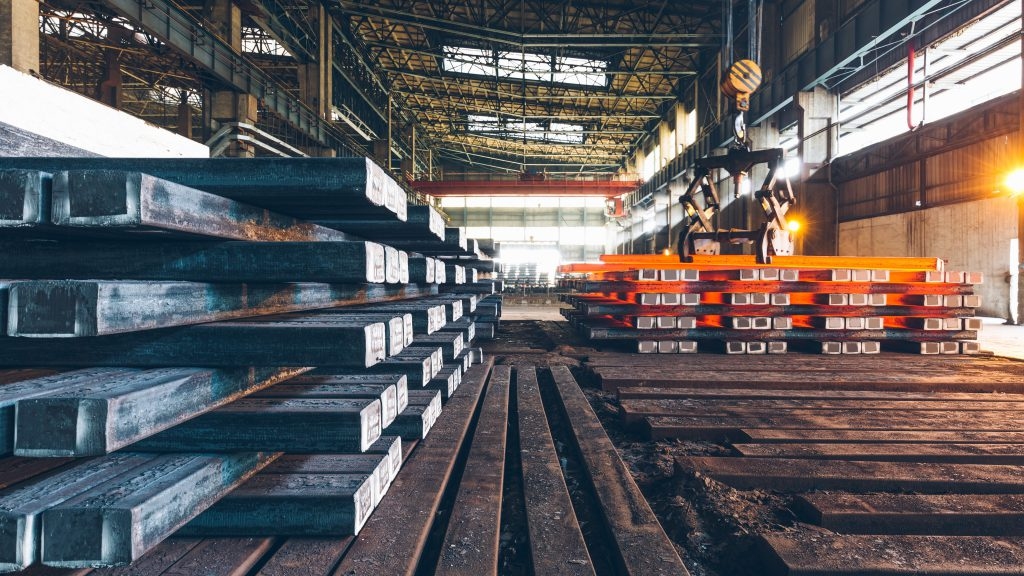India–US Trade Tensions Rise Over Steel and Auto Tariffs NMDC Limited reports a 38% drop in Q4 FY24 consolidated net profit RINL to Raise $23 Million Through Land Sales Amid Crisis

Iron ore futures were headed for a significant weekly loss amid persistent worries about demand in top customer China, despite prices rebounding on Friday on concerns about potential supply disruption in Brazil due to a train accident. On China's Dalian Commodity Exchange, the most traded May iron ore contract concluded day trade 0.45% higher at $124.91 a metric tonne, marking a 6.5% weekly decline. The benchmark March iron ore on the Singapore Exchange was 0.43% higher at $120.2 per tonne, after falling 5.6% this week.
"It's more of an impact on sentiment; the situation this year is not worse than the previous year, so we believe the support to ore prices should also be smaller," Pei Hao, a Shanghai-based analyst at international brokerage FIS, said. Heavy rains over the last few days in Brazil's Rio de Janeiro state caused an incident on a railroad line owned by a third-party company that serves Vale, the world's second-largest iron ore supplier, said in a reply to a Reuters.
"This is expected to be resolved in the next few days and will not impact Vale's production or shipments." Analysts said that abundant supply and slow demand recovery continue to act as a headwind in the near term, limiting price gains for the key steelmaking ingredient.
Daily hot metal output among steelmakers surveyed declined by 0.5% weekly to around 2.24 million tons in the week ending Feb. 23, data from consultancy showed. Other steelmaking ingredients on the DCE declined, with coking coal and coke down 0.65% and 0.44%, respectively.
Steel benchmarks on the Shanghai Futures Exchange were mixed. The rebar and hot-rolled coils changed little; stainless steel climbed 1.63%, while wire rod shed 0.34%.
Also Read : India's coal import surges 13% to 26 MT in April Global scrap prices fluctuate in June amid steel market uncertainty